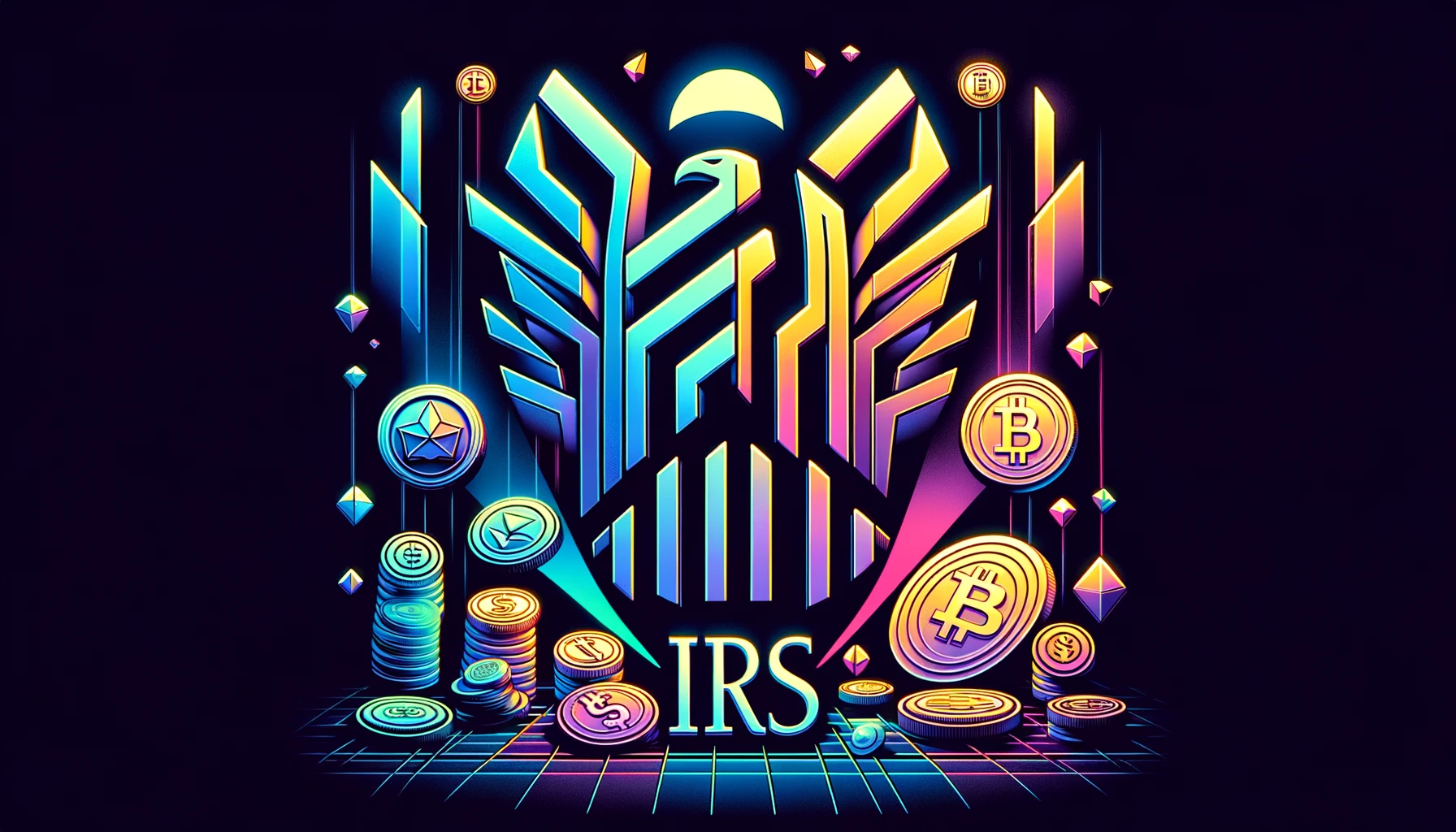The IRS’s latest crusade into the realm of digital assets threatens to redefine the landscape of decentralized finance (DeFi) with its proposed broker reporting rules.
Historically, brokers in the traditional finance (TradFi) sector are obligated to issue 1099 forms detailing an individual’s gains and losses, requiring knowledge of personal details for tax purposes. This model fits neatly within the TradFi framework, where transaction data is centralized.
However, as we pivot to the digital asset world, this model becomes increasingly problematic.
Explanation of new 1099-DA tax form
The introduction of the 1099-DA form, crypto’s equivalent to the traditional 1099, symbolizes an attempt to tether the wild expanse of crypto transactions to the IRS’s tax scaffolding.
While seemingly a minor administrative update, the implications of this are far-reaching. The proposed rules, far from streamlining tax reporting, seed chaos in several ways: Start for free The crypto community has not taken these developments lying down. A “treasury raid” of sorts has occurred, with over 124,000 comments submitted in response to the proposed rule, reflecting the community’s vehement opposition and concern. Not to be confused with proposed broker reporting regulations, there’s another piece of tax regulation that has the crypto community up in arms: 6050I. The law says that, as of January 1, 2024, if you receive $10k or more in crypto in the course of a trade or business, you now must report the transaction (including names, addresses, SSN/ITIN numbers, amount paid, date, nature of transaction, etc.) to the IRS within 15 days under threat of a felony charge. The rule actually isn’t new; it’s from an anti-money-laundering bill that’s been around since 1984, but the Infrastructure Bill signed into law by President Biden updated 6050I to include digital assets. Traditionally, under Section 6050I of the Internal Revenue Code (IRC), any individual involved in a trade or business who gets over $10,000 in cash from a single transaction (or a series of related transactions) is mandated to declare this on Form 8300. While the law was supposedly in effect as of January 1st, the IRS left lots of questions unanswered, like: To the relief of crypto and DeFi organizations, the IRS announced that “businesses do not have to report certain transactions involving digital assets until regulations are issued.” Positioned at the forefront of these transformative shifts, the future of DeFi teeters on a delicate fulcrum. The community must continue its vigorous discourse, advocating for regulations that recognize the unique nature of digital assets and DeFi. The proposed rules are not merely an inconvenience; they threaten the very ethos of decentralization and financial autonomy that crypto was built upon. While the IRS’s intent to modernize tax reporting for digital assets is understandable, the current approach is akin to fitting a square peg in a round hole. Without thoughtful revision, these regulations will stifle innovation, infringe on privacy, and complicate the tax landscape to the detriment of all stakeholders in the DeFi ecosystem. Pat White is the co-founder and CEO of Bitwave, a leading digital asset finance platform for enterprises.The two overreaching proposals from the Treasury Department
What these changes would mean for DeFi
The impossibility of accurate tax compliance under new rules
The status of the proposed rules and industry pushback
But, wait, what’s this about the $10K+ transaction reporting rule?
What happens from here?
Credit: Source link




